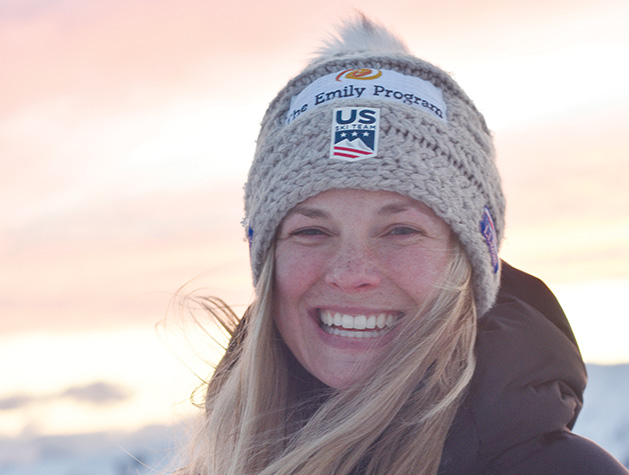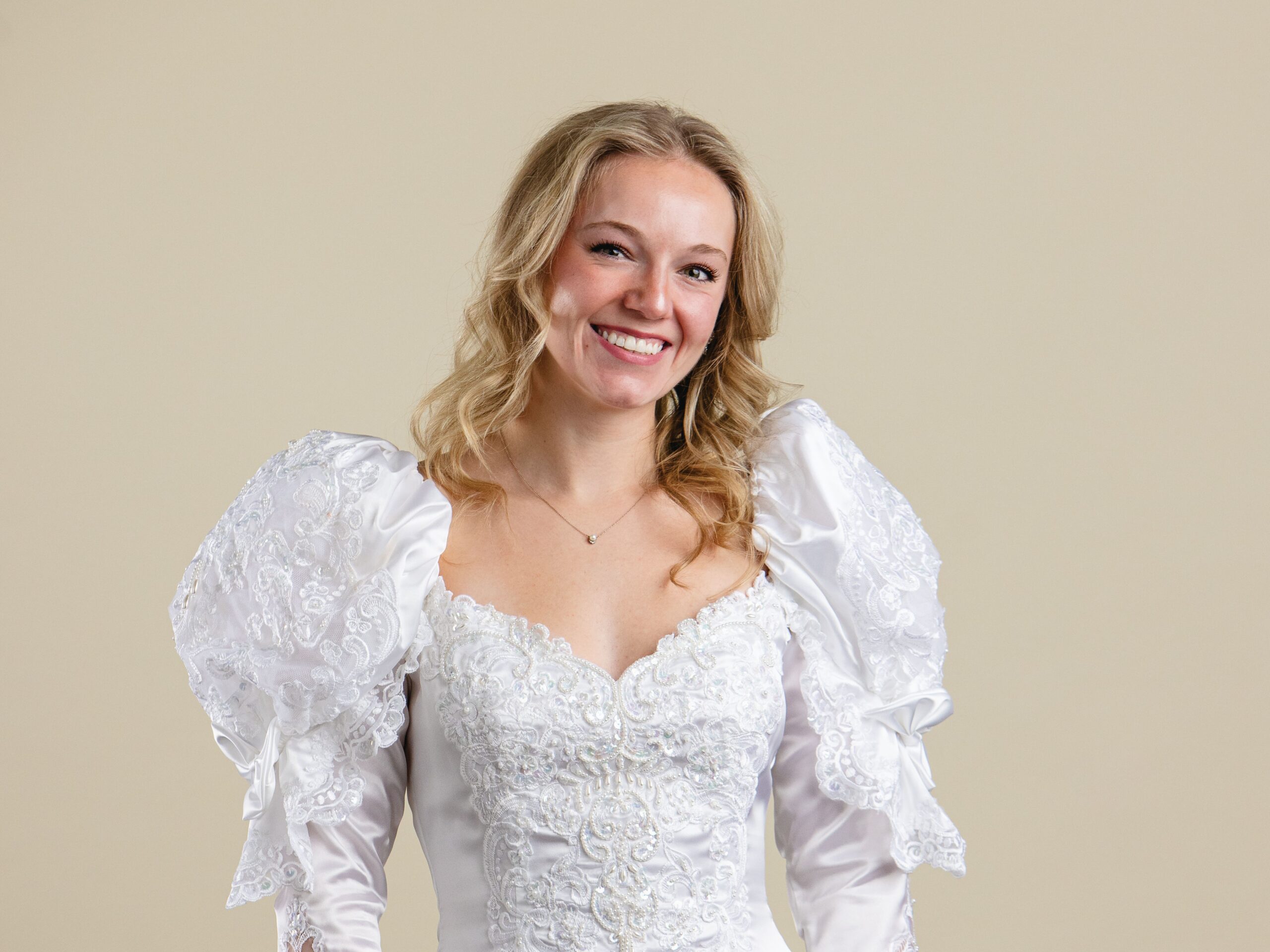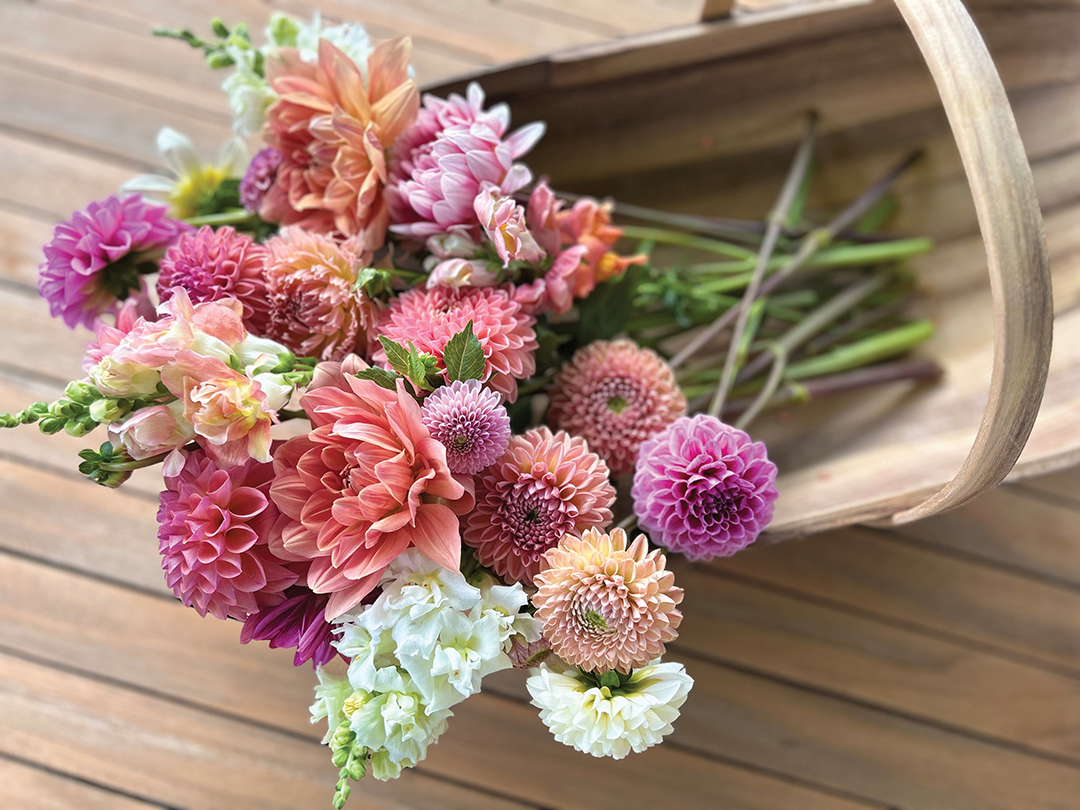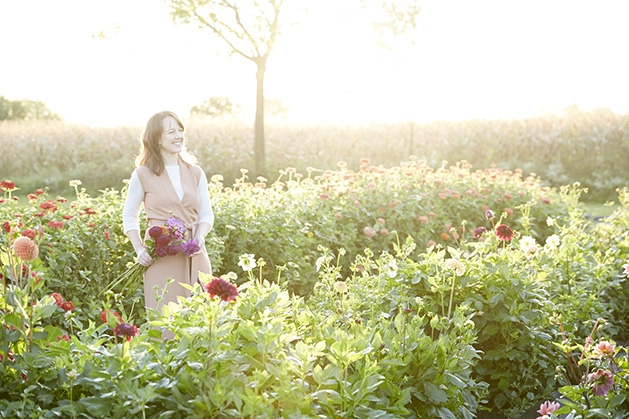
PHOTO BY: TATE CARLSON
Floral designer Ashley Fox and flower farm owner Susan Rockwood are local and organic.
The commercial flower business is about art and science. The art of color choice and design that creates a bouquet or centerpiece combines with the science of growing the flowers and greenery that go into the arrangements. Ashley Fox and Susan Rockwood represent both sides of that equation.
Fox is a Woodbury-based designer who works in what she describes as a garden aesthetic and Rockwood is co-owner, with her husband, of an organic flower farm in Stillwater that grows many of the flowers Fox uses. Both women are concerned about the environmental impact of commercial flowers and are passionate about the beauty of local flowers.
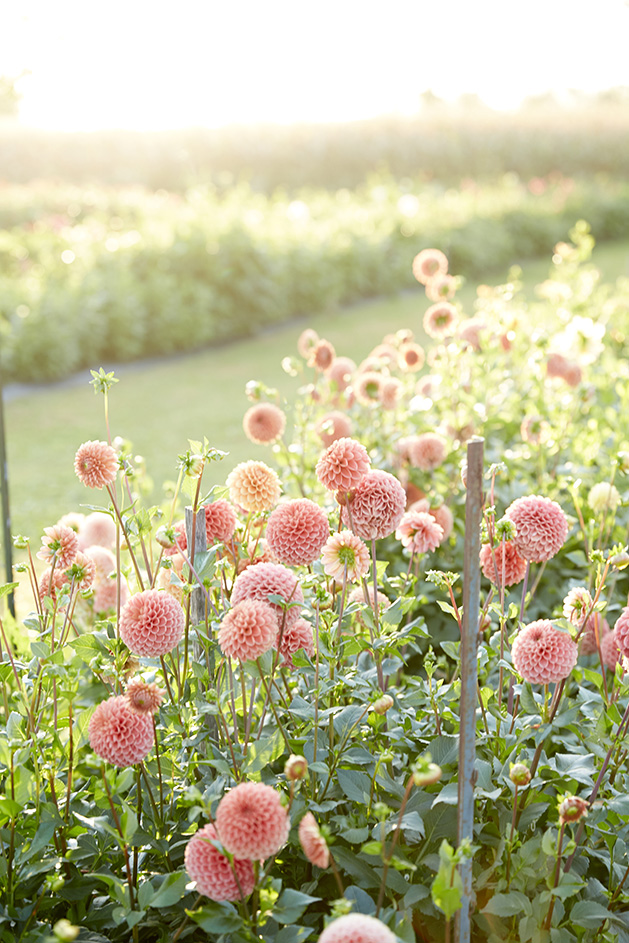
The commercial flower industry in the U.S. has generally relied on South American growers for a year-round supply of the kind of flowers you might expect to see in a traditional bride’s bouquet—roses, lilies and baby’s breath. As a result, the traditional flower industry carried a lot of environmental burden. Roses, for example, are so fragile that they must be flown from their South American farms to U.S. cities because they can’t survive a boat ride, giving them a big carbon footprint. The use of pesticides and chemical fertilizers is another way the industry can have a negative impact on the planet, and the energy it takes to grow hothouse flowers makes even some of the flowers raised in the U.S. environmentally problematic.
But, in the last decade or so, a real movement to address some of those issues has developed. Local, sustainable farming practices have significantly changed food production, and flower farmers have begun to adopt many of those same choices. Rockwood’s Arcola Trail Flower Farm raises commercial flowers organically and supplies designers with a product that is sustainable.
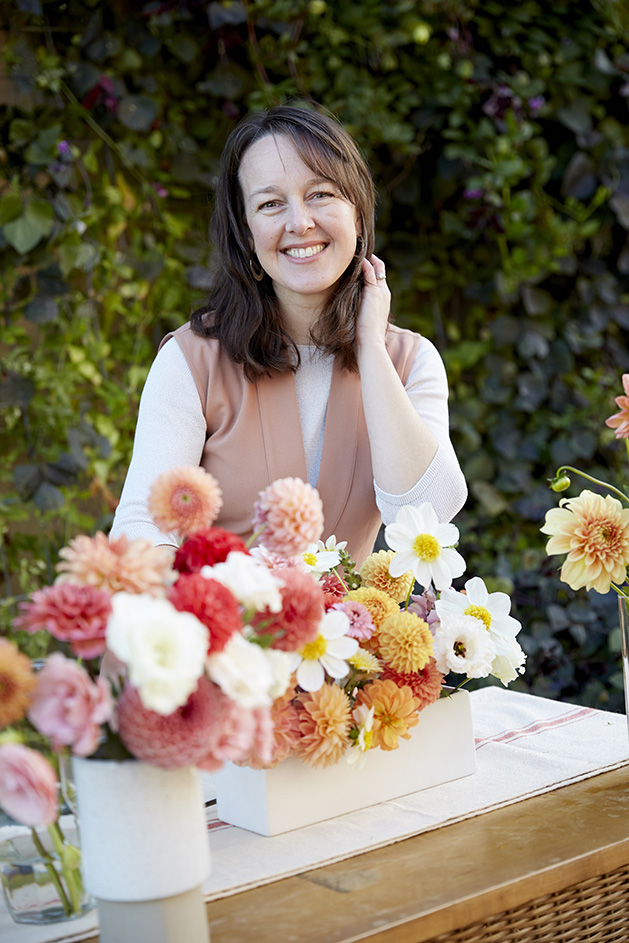
Fox buys a lot of her flowers from Rockwood and she says the relationship works well for her because it gives her some input into what Rockwood, and the other farmers she buys from, will be growing at any given time. “I can then go to the farms and literally point to the flowers I want to see in my bride’s bouquet the next day,” says Fox, whose primary business is weddings. “Local flowers aren’t just primary colors, the growers have developed so many different shades.”
Rockwood agrees with Fox about the benefit of the relationship between designers and growers. “You can look at what colors are trending with designers,” she says. “And, we can work with them and let them know what’s growing and what’s doing well in a given season.”
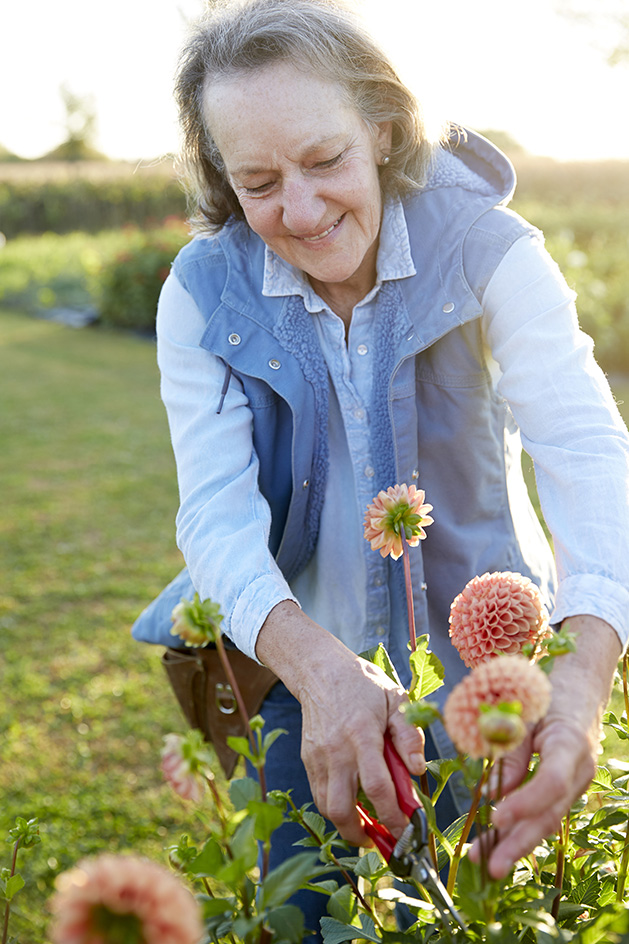
Rockwood and her husband, Brad, are retired from their first careers. It was her sister who suggested they consider turning their small farm in Stillwater into a flower farm after they retired.
“I wondered if you could really do that in Minnesota,” she says. “But it turns out you can. We jumped in and learned all we could as fast as we could.”
Arcola Trail Flower Farms was an organic grower from the start. Rockwood knows a lot about the history of commercial flower farms. “I learned from people who taught me the right thing to do from the beginning,” she says.
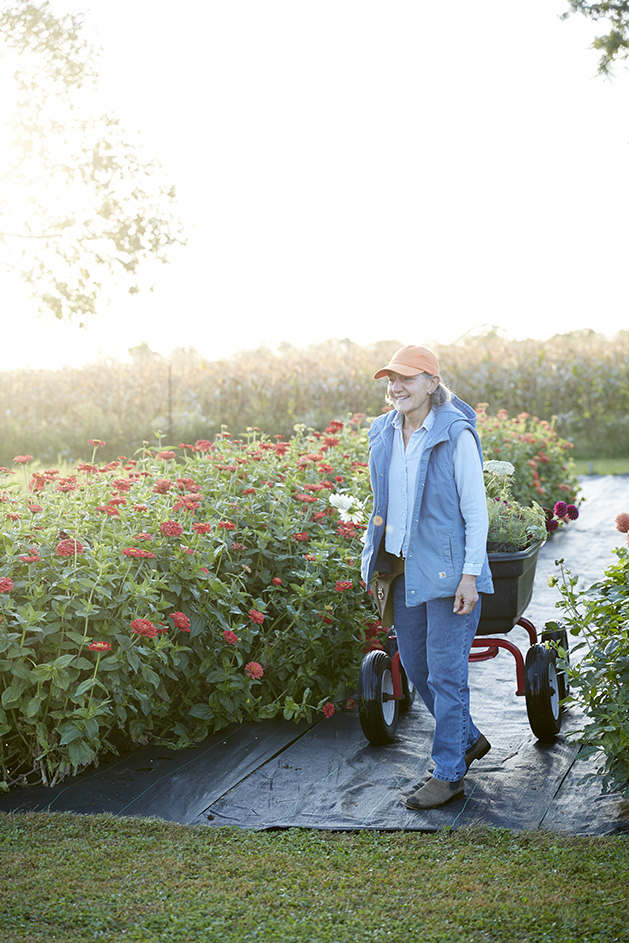
Fox, who has a degree from the University of Wisconsin River Falls in agriculture and horticulture, is also knowledgeable about the science of flowers, but her career path has led her more deeply into the art of the business. In school, she always took art classes along with agricultural science classes. “I just realized I needed the art as much as I needed the science,” she says.
She worked in a plant nursery and a flower shop during and right after college. “I was always combining garden flowers with the wholesale flowers you found in shops at that time,” she says. “I started to do more and more garden flower designs.” By 2008, she had established herself as a wedding designer who works in that natural style. A few years later she read about a flower farm that was delivering to florists in the Twin Cities and realized she could get a reliable supply of the kind of flowers she wanted to use. She started working with Rockwood in 2016, the same year she moved her home and her business to Woodbury.
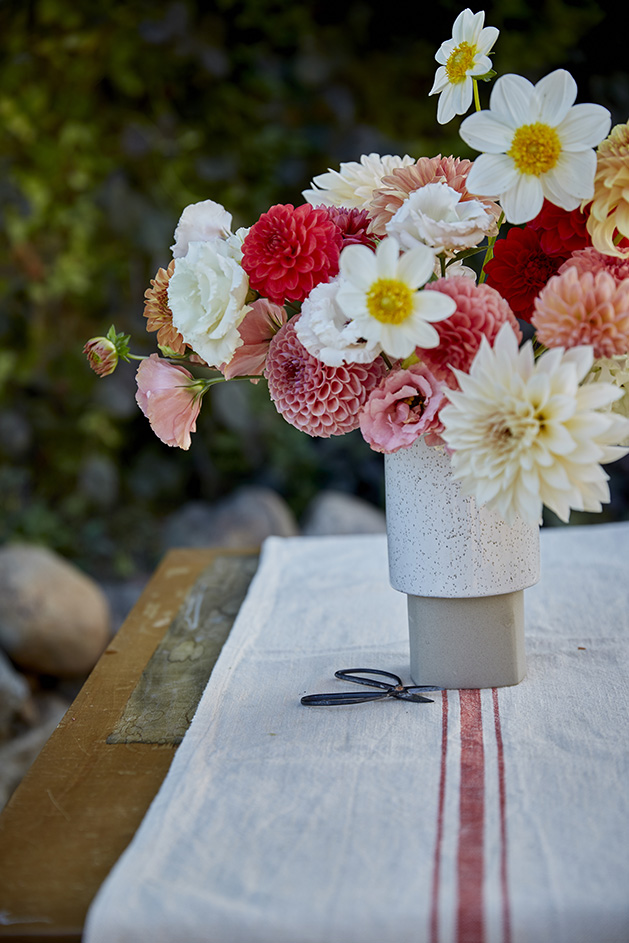
Both Rockwood and Fox are optimistic about the future of working with flowers. They each see the trends in both the science of growing and the art of designing as being just where they’re looking to see their businesses bloom.
Want to send flowers to someone in another part of the country and still buy directly from a farm in that area? Here are two websites that let you search for a florist or farm: localflowers.org and slowflowers.com.
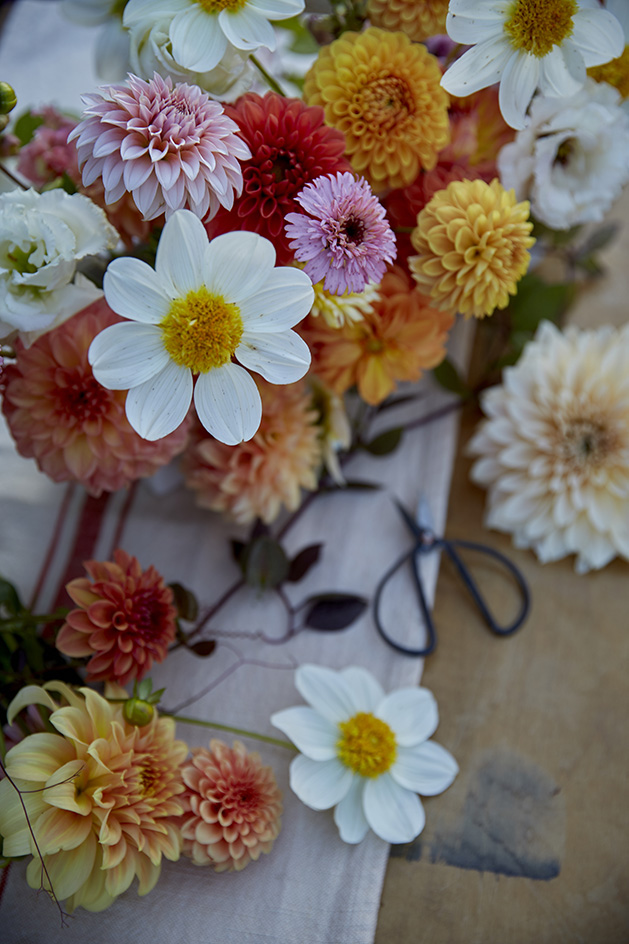
Ashley Fox Designs
Facebook: Ashley Fox Designs
Instagram: @ashleyfoxdesigns
Pinterest: Ashley Fox Designs
Arcola Trail Flower Farm
Facebook: Arcola Trail Flower Farm
Instagram: @arcolatrailflowers





